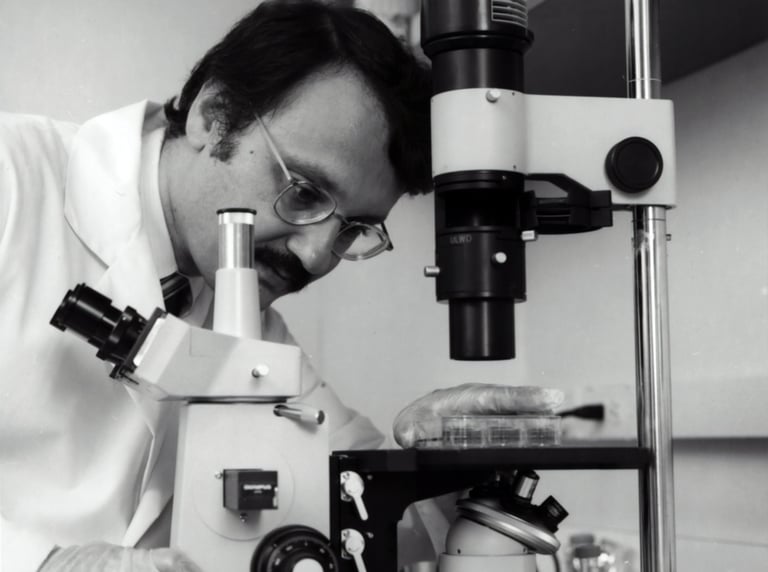The Power of Nutrigenomics: Unraveling the Secrets of Personalized Nutrition
In the realm of health and wellness, the search for optimal nutrition has always been a fascinating and evolving field. What if we told you that there's a cutting-edge approach that takes nutrition to a whole new level, tailoring it specifically to your genetic makeup? Enter the world of nutrigenomics, a revolutionary field that explores the intricate interplay between our genes, diet, and health. In this blog post, we'll delve into the fascinating world of nutrigenomics and discover how it holds the key to unlocking personalized nutrition like never before.
Dr Bhaskar Gawande
7/4/20233 min read




Understanding Nutrigenomics:
Nutrigenomics, also known as nutritional genomics, is the science that investigates the relationship between our genes, dietary components, and their impact on our overall health. It explores how specific nutrients or dietary patterns interact with our unique genetic makeup to influence gene expression, metabolism, and disease risk.
Our genetic makeup plays a significant role in determining our response to various foods and nutrients. Nutrigenomics seeks to uncover these genetic variations, known as single nucleotide polymorphisms (SNPs), and understand how they influence our body's response to dietary factors. By identifying these genetic markers, researchers can tailor dietary recommendations to optimize health and prevent or manage chronic diseases.
The Role of Nutrigenomics in Personalized Nutrition:
The concept of personalized nutrition is at the heart of nutrigenomics. Rather than following generic dietary guidelines, nutrigenomics aims to provide individuals with precise and tailored dietary recommendations based on their genetic profile.
Through genetic testing, individuals can gain insights into their genetic variations related to metabolism, nutrient absorption, and utilization. Armed with this information, healthcare professionals can develop personalized dietary plans that consider each individual's unique genetic requirements, maximizing the potential for improved health outcomes.


Applications of Nutrigenomics:
1. Disease Prevention: Nutrigenomics has the potential to identify genetic predispositions to certain diseases and design personalized preventive strategies. By analyzing an individual's genetic profile, healthcare professionals can recommend specific dietary modifications, such as increasing or decreasing certain nutrients, to mitigate disease risk.
2. Weight Management: Our genetic variations influence how our bodies respond to different types of diets and exercise. Nutrigenomics can help tailor weight management programs by identifying the most effective dietary and exercise strategies for an individual's genetic makeup. This personalized approach can optimize weight loss and long-term weight management.




3. Nutrient Optimization: Nutrigenomics allows us to understand how our genes impact nutrient metabolism and utilization. By analyzing an individual's genetic variations, healthcare professionals can recommend specific dietary adjustments to optimize nutrient intake and absorption, ensuring adequate levels of essential vitamins, minerals, and other nutrients.
4. Athletic Performance: Nutrigenomics holds immense potential in enhancing athletic performance. Genetic variations can affect factors such as muscle strength, endurance, recovery, and injury risk. Understanding these genetic markers enables personalized nutrition plans to be created, providing athletes with the precise nutrients they need for optimal performance and recovery.


Challenges and Future Directions:
While nutrigenomics offers exciting possibilities, it also presents certain challenges. Genetic variations are just one piece of the puzzle, and other factors like environmental influences, gut microbiota, and lifestyle habits also play crucial roles in our overall health. Integrating these complex factors into personalized nutrition recommendations requires ongoing research and refinement.
In the future, advancements in technology and scientific understanding will likely expand the scope and accuracy of nutrigenomics. Large-scale studies and the development of comprehensive databases will further refine our knowledge of the gene-diet relationship, enabling more precise and effective personalized nutrition interventions
Nutrigenomics represents a significant leap forward in the field of nutrition science, offering a new paradigm in personalized nutrition.
